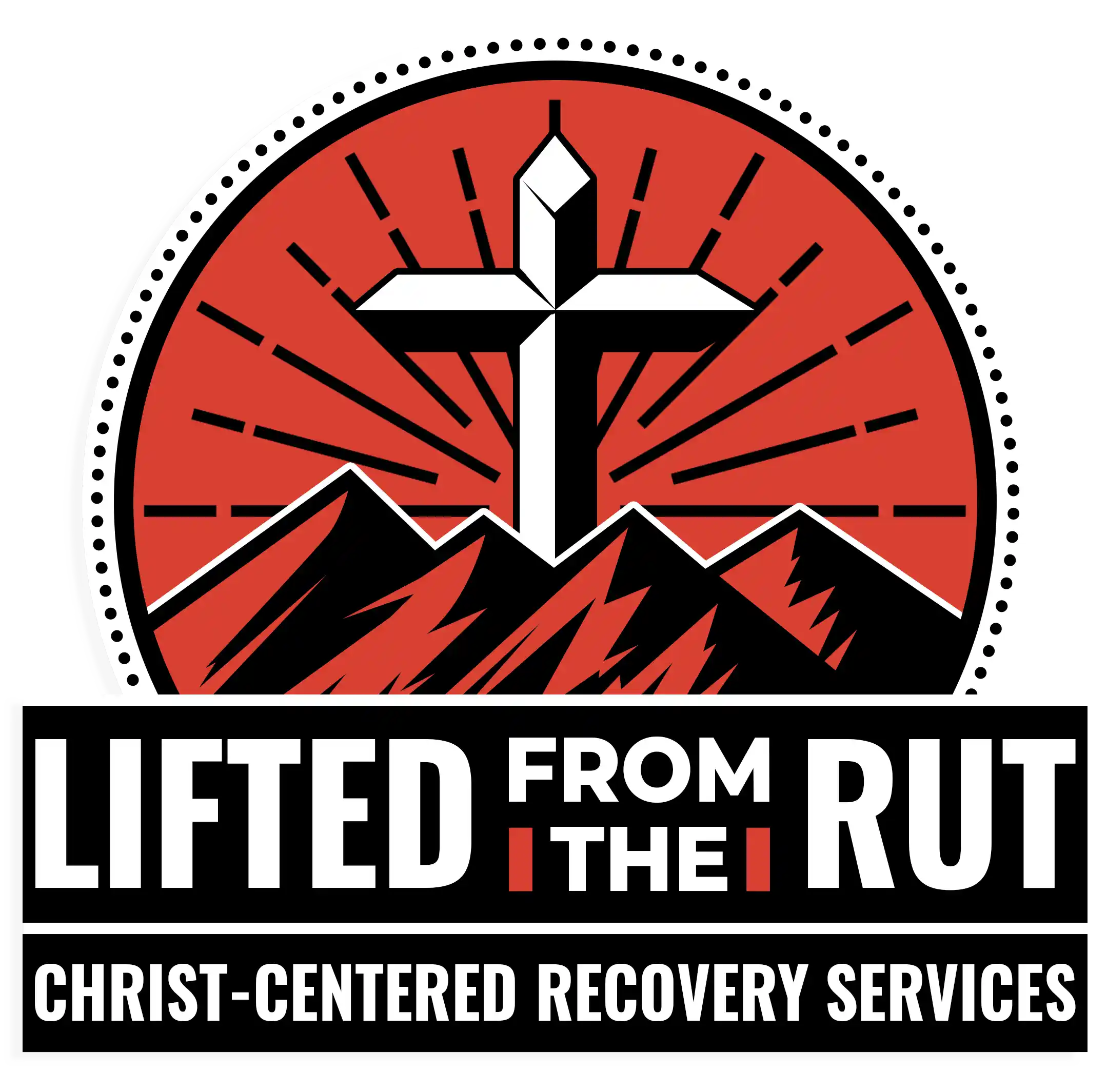When seeking help for addiction or mental health challenges, two of the most common treatment options are inpatient programs and intensive outpatient programs (IOP). Each offers unique benefits, and the right choice often depends on the severity of the condition, personal responsibilities, and individual values.
In this article, we’ll examine the structure of inpatient treatment and IOP, compare their differences in terms of intensity, duration, cost, and lifestyle impact, and consider the role of faith in recovery. The goal is to provide clarity so individuals and families can choose the option that best supports long-term healing.
What is Inpatient Treatment?
Inpatient treatment, often referred to as residential rehab, involves living full-time in a treatment facility. This option provides 24/7 supervision, medical care, and structured routines designed to help individuals focus entirely on recovery. Patients have access to therapy sessions, group support, and often holistic services such as fitness, nutrition, or meditation.
This level of care is particularly beneficial for individuals with severe addictions, co-occurring mental health disorders, or those who need a controlled environment away from daily triggers.
What are Intensive Outpatient Programs (IOP)?
Intensive outpatient programs offer a more flexible approach to treatment. Instead of living in a facility, patients attend scheduled therapy sessions several times a week, typically for three to five hours. These sessions can include individual counseling, group therapy, and educational workshops.
IOP is well-suited for individuals who need structured support but cannot step away from work, school, or family responsibilities. It allows participants to apply what they learn in real-world settings immediately, thereby strengthening their coping skills. This model is also often used as a step-down option for those leaving inpatient care, providing continued support while transitioning back to everyday life.
Level of Care and Treatment Intensity
The most apparent difference between inpatient and IOP treatment is the level of care intensity. Inpatient programs offer round-the-clock supervision, ensuring immediate support during moments of crisis or temptation. The environment is immersive, eliminating distractions and access to substances.
IOP, on the other hand, provides intensive therapy without constant monitoring. While the care is structured and consistent, patients remain in their own homes and communities, allowing them to maintain their independence. This flexibility can be empowering but may present challenges if there are frequent triggers and individuals or lack strong support systems.
Duration of Treatment Programs
Inpatient treatment typically lasts between 28 and 90 days, although some programs may extend longer, depending on individual needs. The focus is on stabilizing patients and equipping them with foundational tools for long-term recovery.
IOP programs can last anywhere from several weeks to several months, depending on progress and participation. Because they are part-time, IOPs can extend over a longer time period while still providing meaningful support. This extended timeline allows individuals to gradually build confidence in managing recovery within their daily routines.

Lifestyle Impact and Patient Autonomy
Inpatient care requires a complete pause from outside responsibilities. While this can be difficult, it also gives patients the chance to focus on healing without distractions fully.
IOP offers greater autonomy. Patients can continue working, attending school, or caring for family members while receiving treatment. This independence allows them to integrate recovery strategies into daily life, but it also requires a higher level of personal accountability. Those who struggle with self-discipline or who lack a supportive environment may find this model more challenging.
Cost Considerations for Treatment Options
Inpatient treatment, due to its residential nature, tends to be more expensive. The cost includes room, board, medical care, and intensive services provided around the clock. Insurance often covers part of the expenses, but out-of-pocket costs can still be significant.
IOP is generally more affordable since it does not include housing or constant medical supervision. Many insurance providers also cover IOP, making it a more accessible option for individuals who require consistent care without the financial burden of residential treatment.
The Role of Faith in Recovery
For many individuals, faith plays a vital role in the healing process. Both inpatient and IOP programs can integrate faith-based approaches, such as spiritual counseling, prayer groups, or connections with supportive faith communities.
In inpatient treatment, faith can provide an additional layer of strength and hope, helping patients find meaning during their most challenging moments.
In IOP, faith-based practices can serve as an anchor as individuals navigate daily stresses and temptations. Whether incorporated through formal programming or personal practice, faith often helps patients sustain motivation and find deeper resilience in recovery.
Choosing the Right Option for You
Deciding between inpatient treatment and IOP should be guided by individual needs, circumstances, and professional recommendations. Those facing severe addiction, medical risks, or unsafe home environments may find inpatient treatment to be the safest and most effective choice. Others who have strong support systems and stable living conditions may benefit from the flexibility of IOP.
It is also important to consider personal values, including faith, when making this decision. A program that aligns with an individual’s beliefs and lifestyle increases the likelihood of long-term success. Consulting with a qualified treatment professional can provide clarity and ensure that the chosen path is the best fit for sustained recovery.
Final Thoughts from LFTR Christ-Centered Rehab Services
Understanding the difference between IOP and inpatient treatment highlights how recovery can be personalized to meet individual needs. At LFTR Christ-Centered Rehab Services, we believe recovery is strongest when faith and treatment work hand in hand.
Our Christian Intensive Outpatient Program in Littleton, CO combines clinical therapies, including counseling, CBT, and group support, with biblical teachings and spiritual guidance. This combination enables clients to stay engaged in their daily responsibilities while establishing a strong foundation for recovery.





